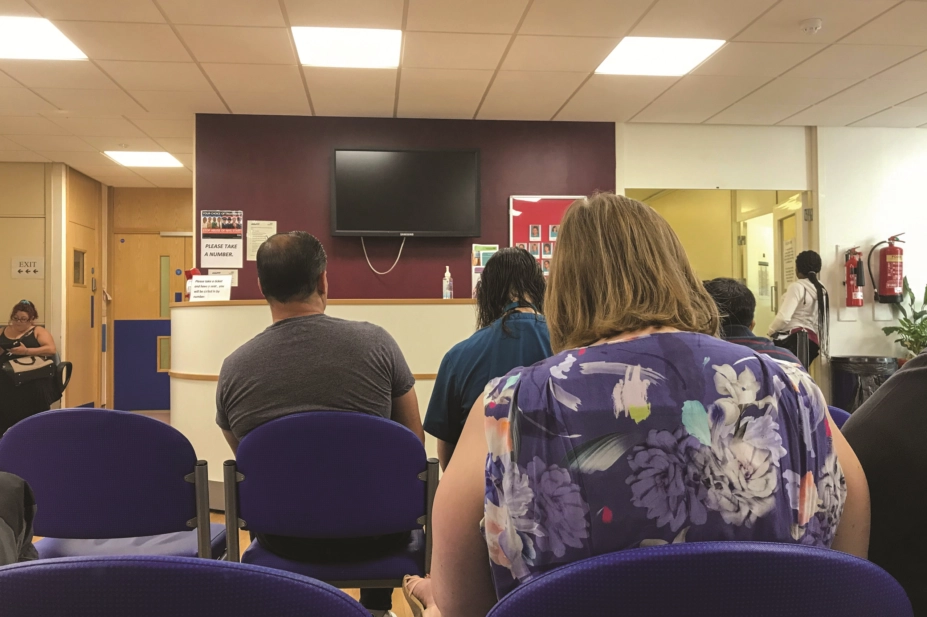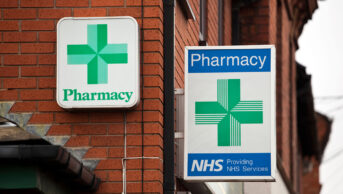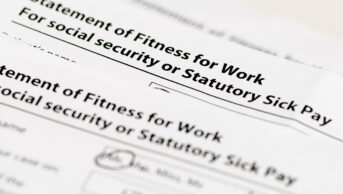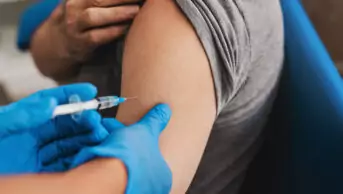
Shutterstock.com
A pharmacist-led triage pilot at a GP practice in London has lead to a 50% reduction in the number of patients requiring a same-day face-to-face appointment with their GP.
Patients at the St John’s Way Medical Centre in north London, where the triage pilot has been underway for three months, are now either managed entirely on the phone by the GP pharmacist or are signposted to an alternative service if they do not need to be seen by a GP.
In a joint statement, published on 18 July 2019, Amira Shaikh, GP pharmacist at the medical centre, and practice manager Jack Johnson-Rose, said patients were advised “that same-day appointments could only be obtained by telephoning the practice first,” replacing an ‘on-call’ system where patients could walk in to the surgery in the morning for a same-day appointment.
The practice initially had two GPs triaging walk-in patients but, under the new pilot, a pharmacist was hired to replace one of the GPs, freeing up 34 hours of GP time over the course of one week.
“We replaced one of the GPs with the clinical pharmacist from Tuesday to Friday; the Monday clinic continued with two GPs with the addition of the clinical pharmacist.”
The statement added that hiring the pharmacist “gave the clinical staff the opportunity to triage the patient by telephone first and signpost the patient to the best service to meet their needs”.
The clinical pharmacist also managed “all repeat prescribing tasks and medication reviews”, the statement said, as well as managing “the long-term condition reviews”.
“A three-month review of the project has shown positive results. We have managed to reduce the waiting time for patients to see a GP on the same day and have also reduced the total number of same-day face-to-face contacts with a GP.”
The pilot is planned to last 12 months. However, Soumia Gillam, lead pharmacist at Islington GP Federation, which is running the pilot, told The Pharmaceutical Journal that it is now considering introducing GP pharmacists into its GP out-of-hours ‘I:HUB’ clinic following the success of the pilot.
“On Saturday mornings, there is a two-hour triage clinic followed by two hours of face-to-face appointments … We are looking at introducing the clinical pharmacists into that service.”
Gillam added that an analysis revealed that 22% of phone calls received through the I:HUB were medication queries. A further 13% of phone calls related to minor ailments or suspected urinary tract infections.
“About 40% of those [I:HUB] patients could be managed by a clinical pharmacist,” Gillam said. “They do not necessarily need to see a GP.”


